Senate Grills Universities Over Antisemitism: “Enough Is Enough”
Washington, D.C. — Tempers flared on Capitol Hill Thursday as U.S. Senators confronted the growing crisis of antisemitism infecting American college campuses.
At the center of the debate: whether universities are doing enough to protect Jewish students in the wake of Hamas’s brutal October 2023 attack on Israel — and the wave of anti-Israel, often antisemitic, campus demonstrations that followed.
“Are our colleges doing enough to protect Jewish students from antisemitism?” asked Sen. John Husted (R-Ohio). The answer from all witnesses: a resounding no.
A Crisis by the Numbers
Sen. Bill Cassidy (R-La.) cited an alarming rise in campus antisemitic incidents, referencing a report by the Anti-Defamation League that documented a surge in hate since the start of the Gaza war.
“Too many university leaders stay silent,” Cassidy said. “Some outright refuse to condemn these horrific occurrences. That ends now.”
The Trump administration is currently investigating more than 60 universities for possible violations of federal civil rights laws related to antisemitism. Many of those institutions have faced nationwide backlash over their failure to discipline students and faculty involved in hate-filled protests.
Speech or Hate?
Not everyone agreed on the solution. Democrats on the Senate panel argued that some campus speech critical of Israel must remain protected under the First Amendment.
“To criticize the Netanyahu government for its actions in Gaza does not make someone antisemitic,” said Sen. Bernie Sanders (I-Vt.). He also emphasized the need to condemn Islamophobia alongside antisemitism.
But Republicans pushed back, insisting that the line between political speech and hate speech has already been crossed.
“These aren’t peaceful protests,” Cassidy said. “When students chant ‘globalize the intifada’ or call for violence against Jews, that’s not free speech — it’s incitement.”
Legal Experts Sound the Alarm
Kenneth Stern, Director of the Bard Center for the Study of Hate, acknowledged the threat of antisemitism but expressed concern that new laws could suppress legitimate speech.
“I’m more worried about the use of law to silence pro-Palestinian voices,” Stern warned.
Still, lawmakers like Cassidy made it clear: the federal government is ready to act.
“If universities refuse to protect Jewish students and uphold the law, they shouldn’t expect a dime from U.S. taxpayers,” Cassidy said.
What’s Next?
With over 60 schools under investigation and more hearings likely, universities are facing mounting pressure from both sides of the aisle — and from the public — to take a stand. Whether that means disciplinary crackdowns, policy reform, or lost federal funding remains to be seen.



